Asthma Cooperative Agreement Partner Profile – Rhode Island
The Rhode Island Asthma Control Program (RIACP) has been part of CDC’s National Asthma Control Program since 2000. They work alongside partners to improve the quality of asthma care, improve asthma management in schools, and foster policies to help reduce exposure to asthma triggers in outdoor, indoor, and workplace environments.
Strategies in Action
- RIACP’s Home Asthma Response Program (HARP) is an evidence-based home visiting program for pediatric asthma patients with poorly controlled asthma. HARP is a multi-trigger, multicomponent intervention with an environmental focus on children with poorly or not well-controlled asthma who live in one of four cities where 25% or more of children live at or below the federal poverty level. In 2021, RIACP updated the eligibility criteria to include having one asthma-related emergency department (ED) visit or one inpatient asthma-related hospitalization within the past year. Children and their families enrolled in HARP are provided up to three intensive in-home visits with a certified asthma educator (AE-C) and community health worker (CHW) from Hasbro Children’s Hospital. The AE-C and CHW provide asthma self-management education and conduct an environmental assessment of the home to identify environmental asthma triggers that could exacerbate the child’s asthma. A 2019 economic case evaluation showed that the HARP program reduced ED and hospital costs by 78%, an average of $2,115 per program participant.
- The Rhode Island Breathe Easy at Home (BEAH) project is a web-based referral system utilizing KIDSNET, a confidential, computerized child health information system administered by the Rhode Island Department of Health. The focus population is children ages 2–17 years diagnosed with asthma and living in rental properties in Providence, Pawtucket, Central Falls, and Woonsocket. Through KIDSNET, providers can refer patients with asthma for housing inspections if they suspect substandard housing conditions may be triggering a child’s asthma exacerbations. Home inspections for this program are conducted by the city’s code enforcement office.

Asthma by the numbers:
103,190 Adults with asthma
18,396 Children with asthma
In 2020, a total of 103,190 Rhode Island adults (12.1% of the adult population) had asthma, and 18,396 Rhode Island children ages 0–17 years (9.5%) had it.
2,565 ER visits
382 Hospitalizations
In 2021, there were 2,565 emergency department visits and 382 inpatient hospitalizations for asthma in Rhode Island.
National Asthma Control Program: EXHALE
E
on asthma self-management
X
smoking and exposure to secondhand smoke
H
visits for trigger reduction and asthma self-management education
A
of guidelines-based medical management
L
and coordination of care across settings
E
policies or best practices to reduce asthma triggers from indoor, outdoor, or occupational sources
CDC’s National Asthma Control Program (NACP) and its partners help people with asthma achieve better health and improved quality of life. NACP developed EXHALE, a set of six public health strategies that each contribute to better asthma control.
Each EXHALE strategy has been proven to reduce asthma related hospitalizations, emergency department visits, and healthcare costs. Using the EXHALE strategies together in a community can have the greatest impact.


